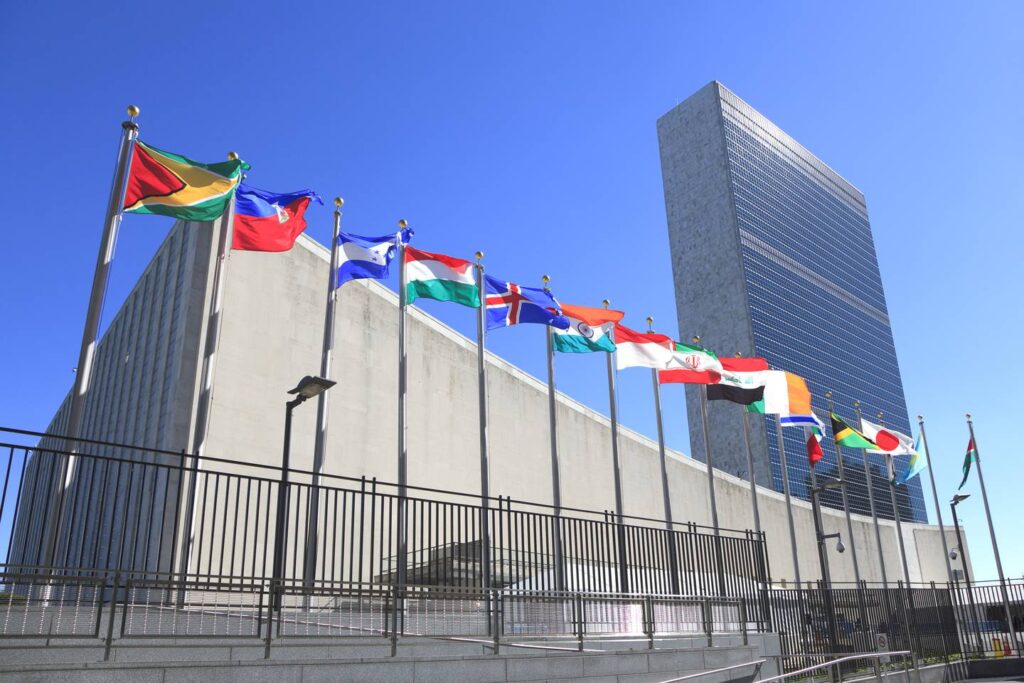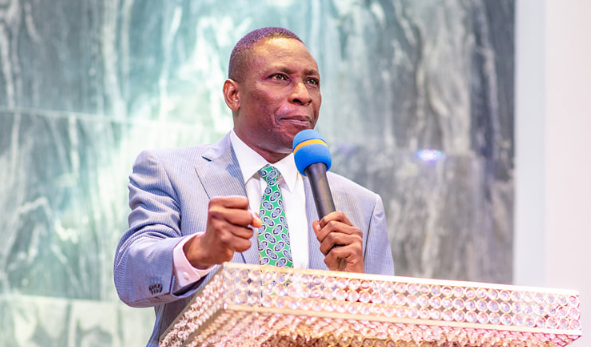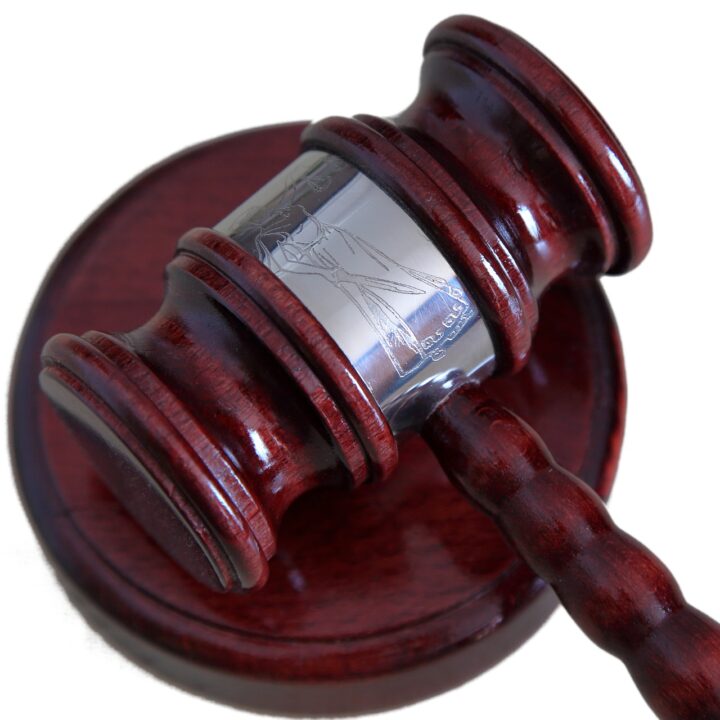Uju Kennedy-Ohanenye
Uju Kennedy-Ohanenye, minister of women affairs, on Monday, threatened to sue the United Nations (UN) for allegedly mismanaging funds meant for Nigeria.
Kennedy-Ohanenye accused the UN of obtaining funds on behalf of the country without remitting them.
The minister threatened legal action if the international organisation did not provide her ministry with the required records by November 15 at the latest.
Kennedy-Ohanenye is not the first person to threaten or take legal action against the UN.
Advertisement

Founded on October 24, 1946, with 193 member states, the UN works to maintain international peace and security, develop friendly relations among nations and promote social progress, better living standards and human rights.
CAN THE UN BE SUED?
On March 30, 1993, Maurizio De Luca, a former UN employee, sued the UN and eight other defendants alleging breach of contract, forgery, negligence and violation of federal civil rights and employee medical benefits law.
Advertisement
The UN moved to dismiss the complaint for lack of subject matter jurisdiction, lack of personal jurisdiction, and insufficiency of service of process — based on immunity.
The UN legal counsel said the organisation and the individual defendants — with respect to acts performed by them in their official capacity — are immune from all legal processes under international and United States law.
In the judgement delivered on January 10, 1994, Percy Whitman Knapp, the presiding judge, held that although the plaintiff “levelled some rather serious charges against both the U.N. and the individual defendants”, he failed to show proof that the international organisation waived its immunity.
“Finding that the U.N. and the eight individual defendants are immune from this action under international and federal law, we deny the plaintiff’s motion for default judgment and grant the defendants’ motion to dismiss the complaint in its entirety with prejudice,” the judge said.
Advertisement
Under Article II, section 2 of the Convention on the Privileges and Immunities of the United Nations, the U.N and “its property and assets” enjoy immunity from “every form of legal process except insofar as in any particular case it has expressly waived its immunity.”
Article 104 of the UN Charter also states: “The Organization shall enjoy in the territory of each of its Members such legal capacity as may be necessary for the exercise of its functions and the fulfilment of its purposes.” Article 105 further buttresses the point.

There are also several notable court decisions where suits instituted against the UN were dismissed.
For example, in 2010, UN peacekeepers from Nepal were implicated in spreading cholera in Haiti, which killed more than 8,500 people.
Advertisement
Despite investigations showing that the strain of cholera in Haiti matched the one prevalent in Nepal at the time, the UN refused to take responsibility for the deaths.
Victims and their families filed a suit against the UN before a court in the United States, but the suit was dismissed in August 2016 on the grounds that the UN and its employees enjoyed immunity from prosecution.
Advertisement
Summarily, the United Nations and all its subsidiary bodies, of whatever nature, are immune from every form of legal process.
Representatives of member states to any of those bodies, staff of the UN and any individuals serving on those bodies in a personal capacity are also immune from every form of legal process in respect of their official functions, as representatives, officials or experts on mission, as the case may be.
Advertisement
Although the UN has a legal personality that gives it the ability to sue, it cannot be sued.
Also, the UN can not be sued before any international court.
Advertisement
UN INTERNAL JUSTICE SYSTEM
Because the United Nations has immunity from local jurisdiction and cannot be sued in a national court, the organisation has set up an internal justice system to resolve staff-management disputes, including those that involve disciplinary action.
Also, Article 33 of the UN Charter states that any dispute that is likely to endanger the maintenance of international peace and security should first be addressed through several means such as negotiation, inquiry, mediation, conciliation, arbitration, judicial settlement etc.
Over the years, there has been a global call for the UN to review its laws, with many describing the immunity as “impunity”.






